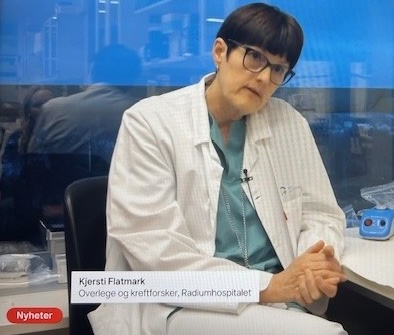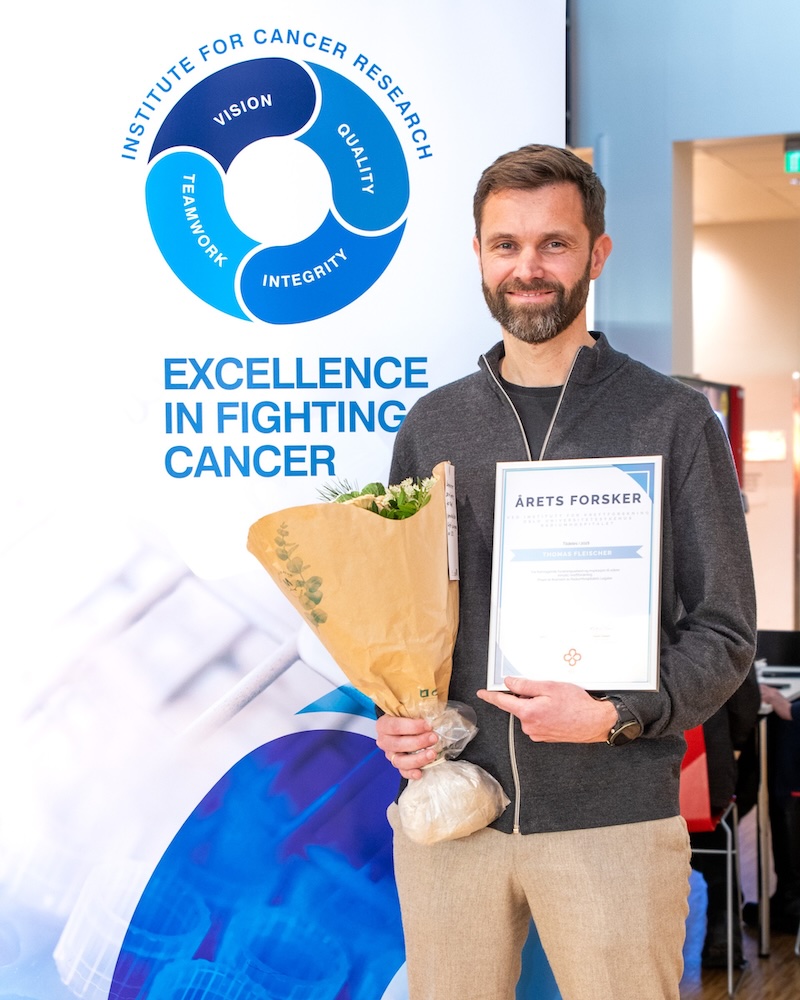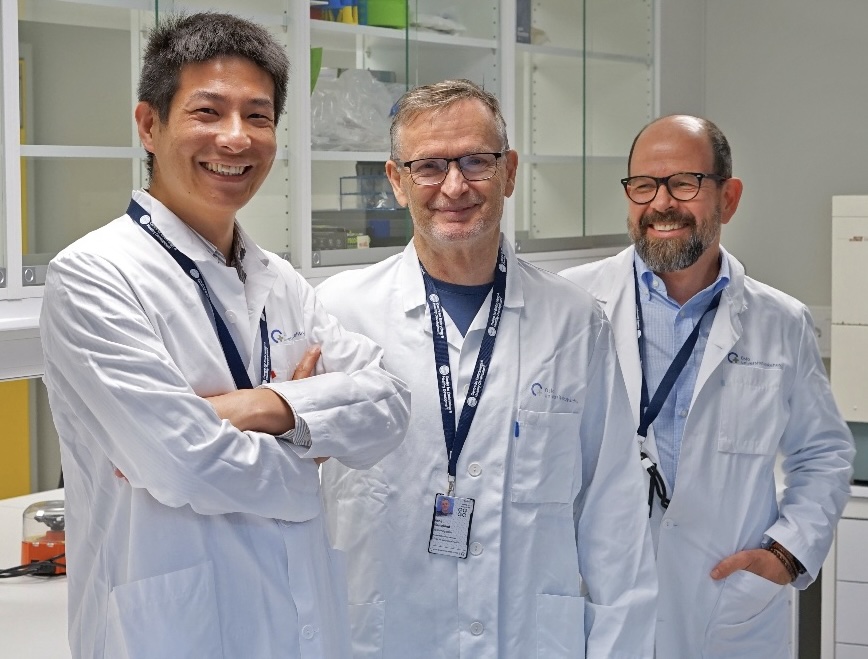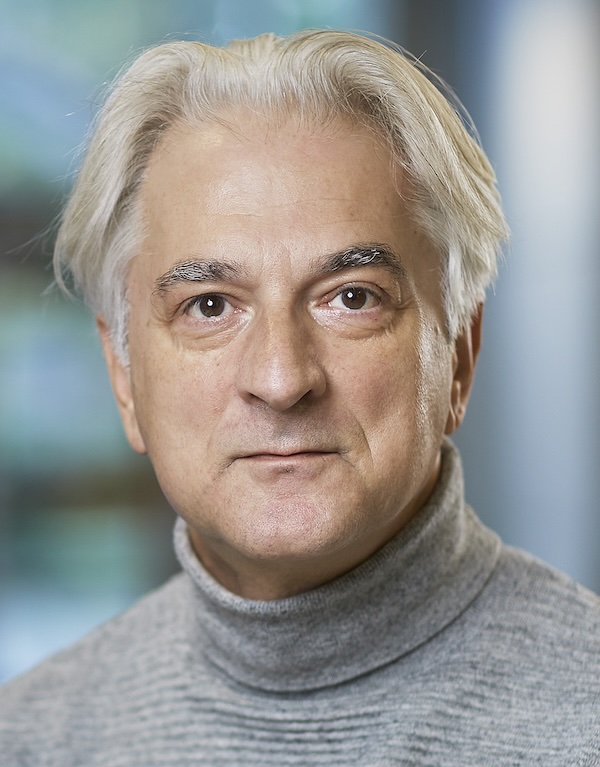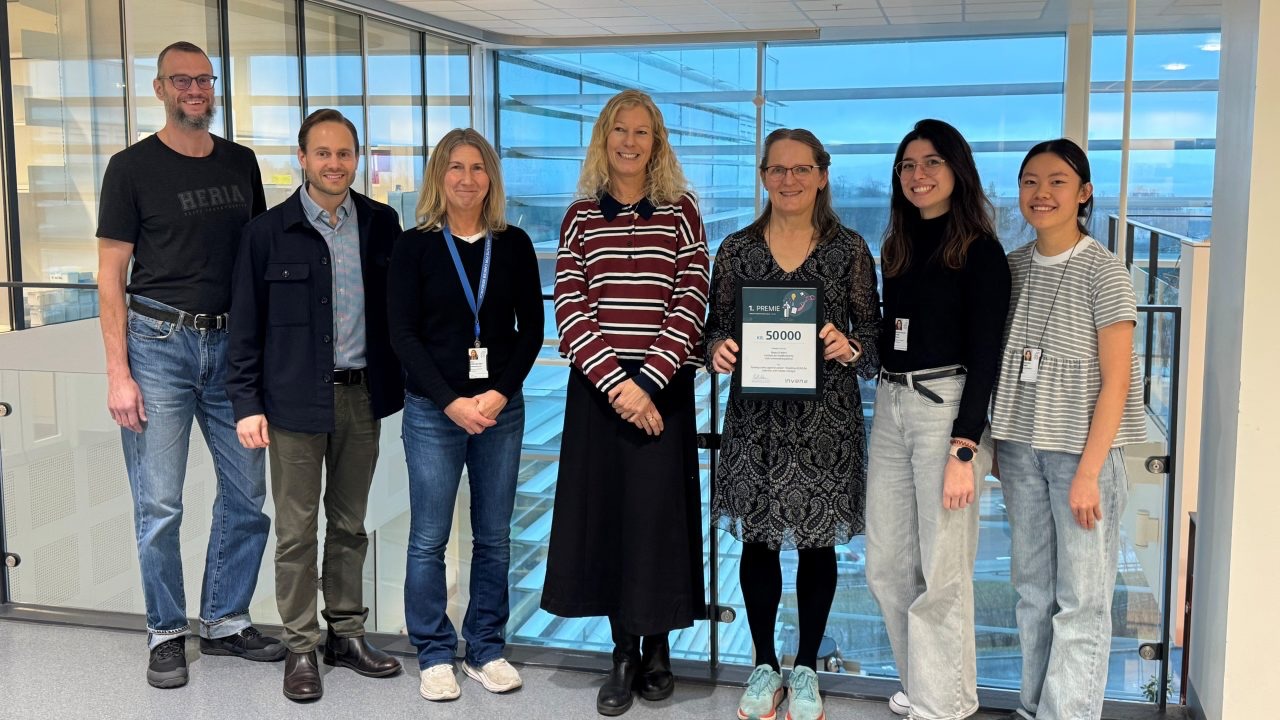Research at Oslo University Hospital
Latest publications from major journals, first or last author from OUH:
Optimizing lenalidomide therapy in renal impairment: analysis of renal response in the prospective REMNANT study in transplant-eligible newly diagnosed multiple myeloma
Blood Cancer J, 15 (1), 214
DOI 10.1038/s41408-025-01407-5, PubMed 41429779
Major waves of H2A.Z incorporation during mouse oogenesis and preimplantation embryo development
Nat Commun, 17 (1), 210
DOI 10.1038/s41467-025-66919-x, PubMed 41331258
Addressing Colonoscopy Burden due to Artificial Intelligence Devices for Polyp Detection
Gastroenterology (in press)
DOI 10.1053/j.gastro.2025.08.019, PubMed 41329113
JASPAR 2026: expansion of transcription factor binding profiles and integration of deep learning models
Nucleic Acids Res (in press)
DOI 10.1093/nar/gkaf1209, PubMed 41325984
Potential role of repeated Valsalva manoeuvres in atrial fibrillation risk among elite rowers
Eur Heart J (in press)
DOI 10.1093/eurheartj/ehaf969, PubMed 41313005
Comparison of inhalational methoxyflurane, intranasal fentanyl, and intravenous morphine for treatment of prehospital acute pain in Norway (PreMeFen): a randomised, non-inferiority, three-arm, phase 3 trial
Lancet, 406 (10522), 2957-2967
DOI 10.1016/S0140-6736(25)01575-2, PubMed 41275876
More selected publications
